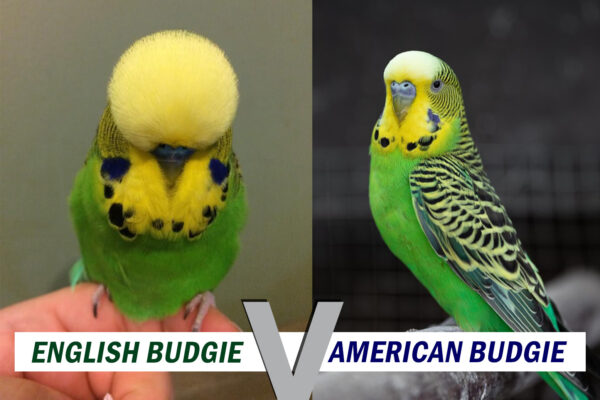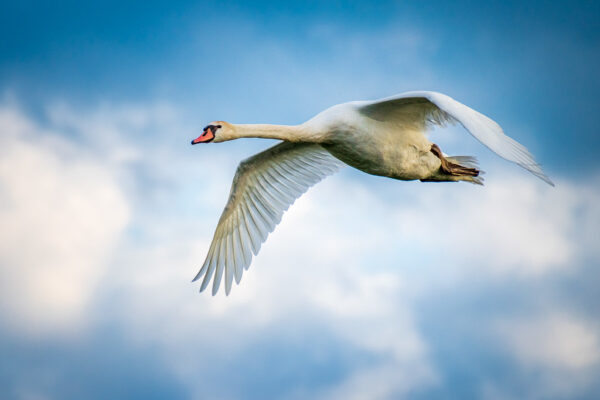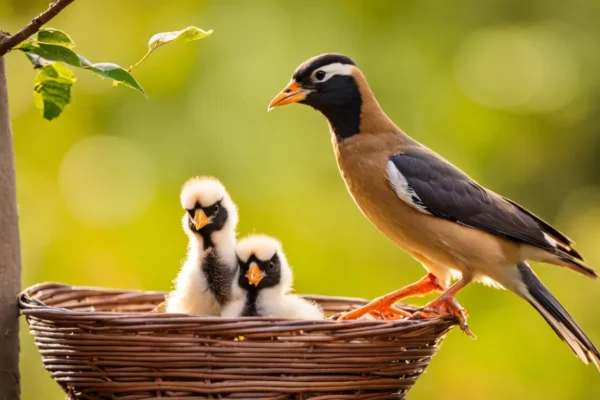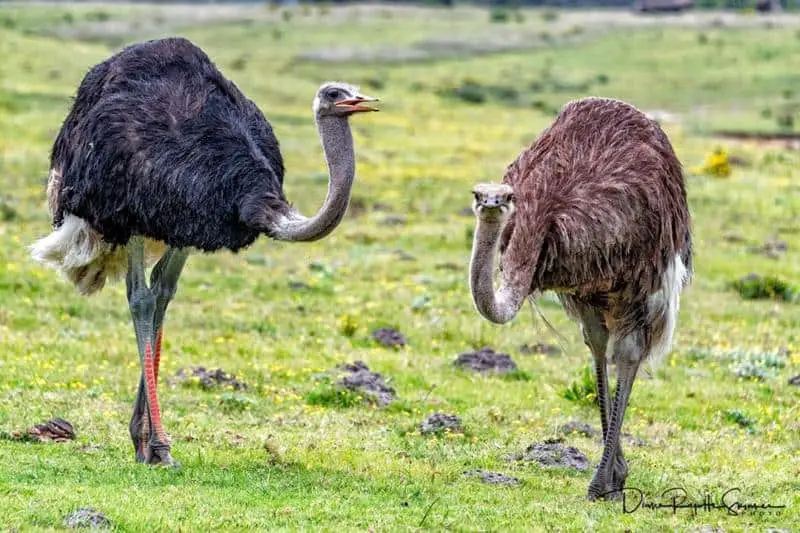It’s true that this is an intriguing subject without a clear-cut yes or no response. Water is used by humans and other animals to aid in digestion, eliminate waste, and maintain proper bodily hydration. Since they lack sweat glands, most birds also need to drink water, although they do so less than mammals.
Most birds need a regular intake of water. The type and size of the bird determines how much they drink. Tiny birds need to drink twice a day at least to replenish the water they lose via respiration and excretion. Hummingbirds often consume nectar because it is high in sugar and gives them the energy they need to maintain their fast metabolism.
In theory, birds do not urinate. Rather, along with their excrement, birds also produce urine in the form of solid uric acid. You’ve seen bird pee if you’ve seen bird dung.
Are there bladders in birds?
Birds do not create urea since they lack a urine bladder, with the exception of ostriches. One of the substances in urine is urea, which is secreted via the urethra after being deposited in the bladder.
Rather, in an adaptation to stay as light and capable of flying as possible, birds convert harmful ammonia waste to uric acid, or guanine, in a highly concentrated form, avoiding the storage of watery urine.
Do birds use the same hole to poop and pee?
Do birds dispose of their liquid and solid waste separately, as is the case with humans and other mammals?
After going through the cloaca (vent), birds expel both urine and feces via the vent. The name cloaca, which means “sewer, drain,” comes from the Latin verb cluo, which means “to cleanse.” Therefore, birds do not have separate outlets for their feces and urine as mammals do.
Do eagles urinate while in flight?
Most birds are able to expel their waste while in flight, and many defecate prior to beginning flight. A common misconception is that some birds decrease their burden by pooping before flying to the skies.
Because they fly with their legs and feet curled in tight to their bodies and near the vent, there is a rumor that pigeons do not defecate while they are in the air. Therefore, it’s thought that if they defecate while flying, their feces may wind up covering their feet.
But this is plainly a fiction since many of us have been ‘targeted’ with feces by flying pigeons, and because they can fly for extended periods of time, they must sometimes crap throughout their voyage.
Do avian kidneys exist?
The kidneys are essential to maintaining the health of our bodies. They take several actions to make sure our bodies are operating correctly. Their primary function is to convert waste into urine and rid the blood of poisons. So, are kidneys found in birds?
The paired kidneys seen in birds are essential to their overall health and welfare. Among many other tasks, they are in charge of maintaining the body’s water and electrolyte balance, filtering the blood, and directing waste materials into the cloaca.
The kidneys of birds are rather big in relation to their body size, unlike those of most mammals. Typically, they make up 1% to 2% of their body weight, although mammals’ typical body weight is 0.5%.
Is it lucky to be peed on by a bird?
Maybe it would be wiser to ask, Is it lucky to be pooped on by a bird? Because of their anatomical makeup, most birds can’t urinate on their own; instead, they urinate and defecate simultaneously.
We’ve listed a few instances of the various myths, old wives’ tales, and superstitions that exist worldwide surrounding this topic below:
It’s auspicious if a bird chooses to deposit its droppings on your head, vehicle, residence, or whatever you possess!
In Russia, it’s considered a blessing to be spat on since it brings wealth.
A bird pooping on you has a spiritual significance that suggests you should take a step back and reassess your life in general.
A traditional British legend cautions against taking drops from a rook, believing them to be a curse rather than a boon.
Because it is said to wash away good luck, sailors feel that bird feces should not be removed from the ship until the following rainy season.
FAQs
Is there a urethra in birds?
Urine exits the body via the urethral aperture, a small hole in the bladder that connects the urethra in mammals.
Because they must be as light as possible in order to fly successfully, birds have evolved without the need for either a bladder or a urethra.
In order to prevent holding urine in a liquid condition, the kidneys of birds generate uric acid waste in a highly concentrated form.
What hue does bird poop have?
Bird poop is white in color as opposed to the common yellow-amber color of normal animal urine. Birds transform nitrogenous wastes into guanine or uric acid, whereas mammals mostly excrete urea.
Have you ever wondered why bird droppings seem to be that particular color? Most of us have seen them splattered on patios, vehicle windows, and garden furniture. They resemble an opaque, off-white, cream-colored, or yellowish glob.
A bird’s overall health and well-being may be inferred from its droppings. The color, consistency, and amount of a bird’s feces may change depending on its diet.
Upon closer inspection, bird excrement often consists of solid feces in the darkest area and transparent, watery pee in the clear portion.
Do parrots urinate?
Like other birds, parrots have a distinct urinary system from that of mammals. The kidneys, ureters, and cloaca make up the three components of a bird’s urine system.
Parrots, like the majority of other birds, transfer uric acid—the human equivalent of urine—from the kidneys to the cloaca, negating the need for a bladder. Their feces and urine are mixed together when the liquid and solid waste exit the cloaca simultaneously.






